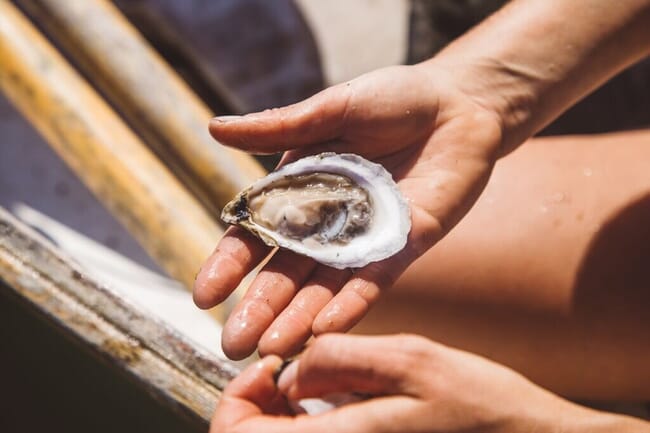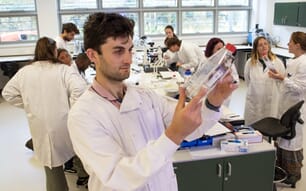
The University of Maine’s governing board has recently approved the design and development of a new state-of-the-art Sustainable Aquaculture Workforce Innovation Centre (SAWIC) through which the institution aims to develop the next generation of aquaculture workers.
The Maine Aquaculture Association (MAA) noted in its letter of support for the project that the aquaculture sector employs over 700 people and generates over $100 million in farm gate sales in Maine. Based on pending licenses and permits, MAA estimates that over 1,300 additional employees will be needed by the sector in the next 15 years.
SAWIC will support sustainable economic development, food security and climate and community resilience through innovation in the aquaculture sector. Students, faculty and industry professionals will have access to the centre, which will provide training programmes with a focus on hands-on experience and real-world problem solving.
“Our students will be working on actual systems that resemble those in high-production aquaculture facilities, but at a much smaller scale,” said Deborah Bouchard, associate professor of aquatic animal health at the University of Maine, in a press release.
“This facility will set the stage for recirculating agriculture systems research, and support our faculty and students who address the top industry priorities, like developing alternative proteins, reducing dependency on fish meal in aquaculture feeds, exploring new species and more,” she added.
Through the facility, the University of Maine also aims to foster a partnership with the Penobscot Nation and other Wabanaki Nations, ensuring its programmes and training opportunities align with the needs and perspectives of these communities and address tribal food sovereignty and economic development.




